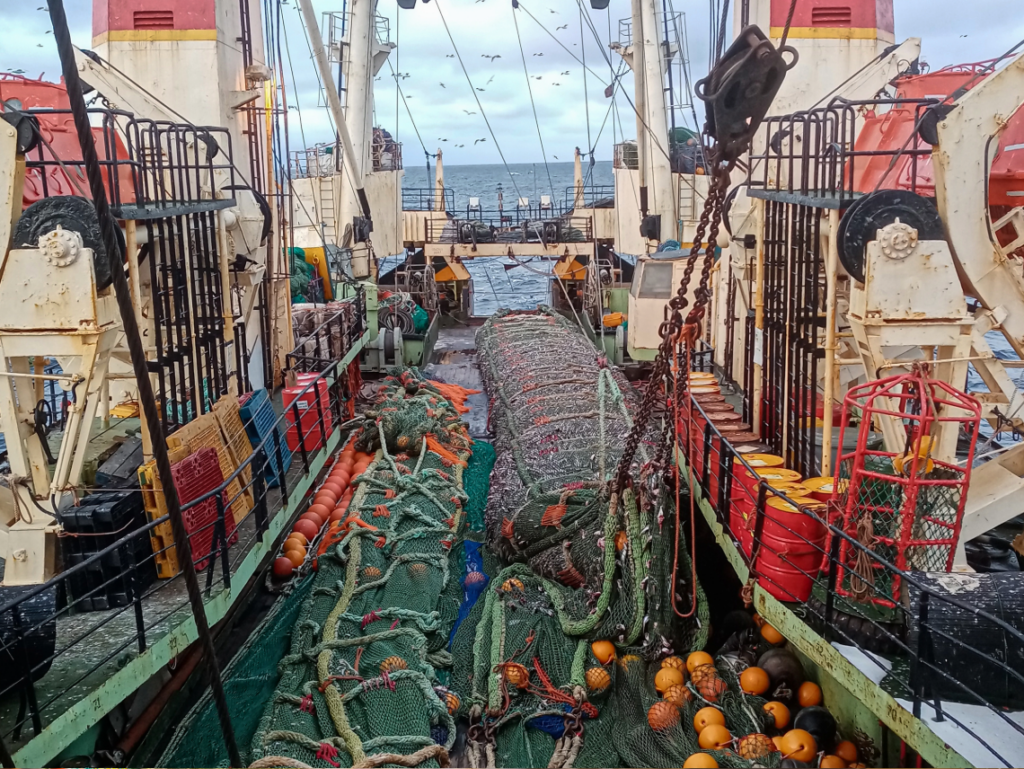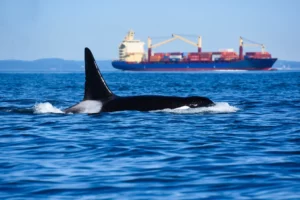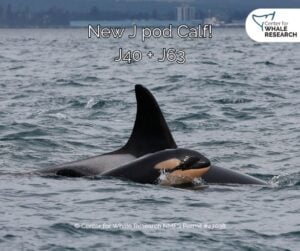
Overfishing is destroying the world’s oceans, say researchers who propose 11 “golden rules” to improve fisheries management while defending marine life and habitats and serving local people over corporations.
An endless fish supply and thriving ecosystems is the goal of their call for “a complete reform of the appalling current mismanagement of the Earth’s largest common” said a statement by prominent ocean scientists from around the world.
The statement–and a paper published in Nature’s scientific journal npj Ocean Sustainability–was released months in advance of next June’s United Nations Ocean Conference in France.
“The current concept of ‘sustainable fishing’ adopted by governments and private actors since the post-war period is scientifically obsolete,” said lead author Professor Callum Roberts, from the University of Exeter.

Fisheries management must “preserve ocean ecosystems’ vital functions, mitigate climate change, guarantee food security and respect human rights,” said Professor Daniel Pauly, of the University of British Columbia, one of the scientists calling for reform.
Widespread ideas of fishing sustainability “fail to address the pressing global biodiversity and climate breakdown, and instead support high-capital industrial practices,” said the statement.
The proposed rules aim to “put an end to the ongoing destruction of the oceans caused by fishing, and ensure the renewal of abundant fish populations to feed future generations.”

The golden rules are based on two key ideas, said the report.
First, it says “fishing must minimize impacts on marine species and habitats, adapt to climate change, and enable the regeneration of depleted marine life and habitats.”
Second, “fishing must support and enhance the health, wellbeing and resilience of people and communities – in particular, the most vulnerable among us – and not simply benefit corporations that tightly steer profits to owners and shareholders while leaving others to bear the costs.”
The scientists called on policymakers, retailers and fishery managers, as well as commercial food companies, to adopt the rules.
You can read the Exeter statement here: https://phys.org/news/2024-09-scientists-golden-sustainable-fishing.html
Find the full report including the list of rules in npj Ocean Sustainability: https://www.nature.com/articles/s44183-024-00078-2




